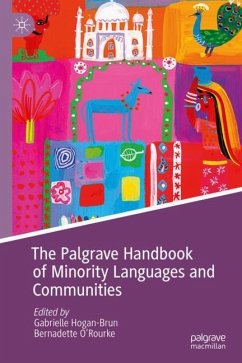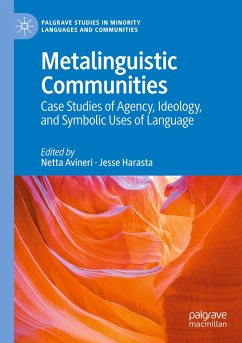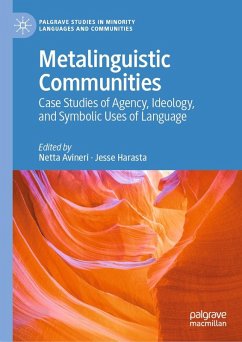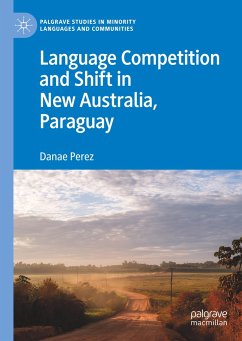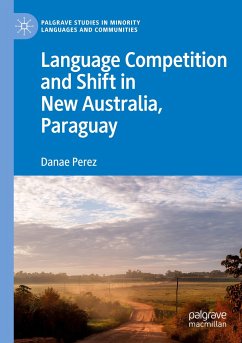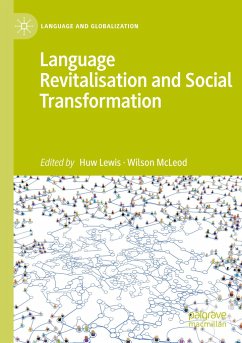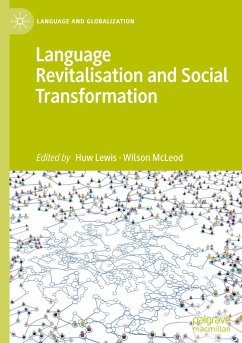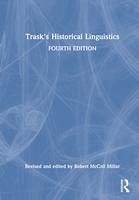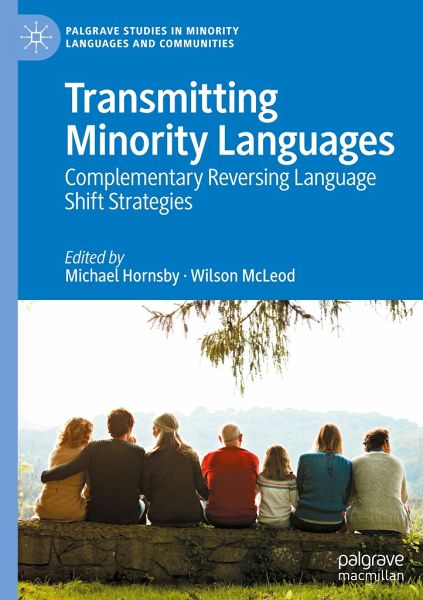
Transmitting Minority Languages
Complementary Reversing Language Shift Strategies
Herausgegeben: Hornsby, Michael; McLeod, Wilson

PAYBACK Punkte
57 °P sammeln!
This book gives fresh insight into the diverse ways in which the transmission of minority and heritage languages is carried out in a range of sociolinguistic contexts. When traditional modes of intergenerational transmission begin to break down, minority language and diaspora communities resort to other modes of transmission, out of necessity, to complement traditional mechanisms and secure language maintenance. This volume brings together a broad range of studies of these alternative modes of transmission, examining the complex and diverse practical, ideological and personal challenges that a...
This book gives fresh insight into the diverse ways in which the transmission of minority and heritage languages is carried out in a range of sociolinguistic contexts. When traditional modes of intergenerational transmission begin to break down, minority language and diaspora communities resort to other modes of transmission, out of necessity, to complement traditional mechanisms and secure language maintenance. This volume brings together a broad range of studies of these alternative modes of transmission, examining the complex and diverse practical, ideological and personal challenges that arise in different settings. Beyond addressing the dynamics of language use within the home and family, the book also emphasises the importance of the participation of the minority community itself in language and cultural transmission. These mechanisms and initiatives, sometimes overlooked or dismissed in the academic literature, will prove to be essential in maintaining and ensuring thesurvival of minority and heritage languages into the 21st century and beyond. The twelve chapters in the book are divided into four sections (intergenerational transmission; transmission in post-traditional families; alternatives to 'traditional' transmission; and transmission in diasporic contexts), and the language contexts, both minoritised and diasporic, which are discussed include Basque, Breton, Galician, Guernesais, Irish, Maori, Russian, Scottish Gaelic, Sorbian and Spanish. This book will be of interest to students and scholars of sociolinguistics, language acquisition, heritage language maintenance and revitalization, and language policy and planning.



